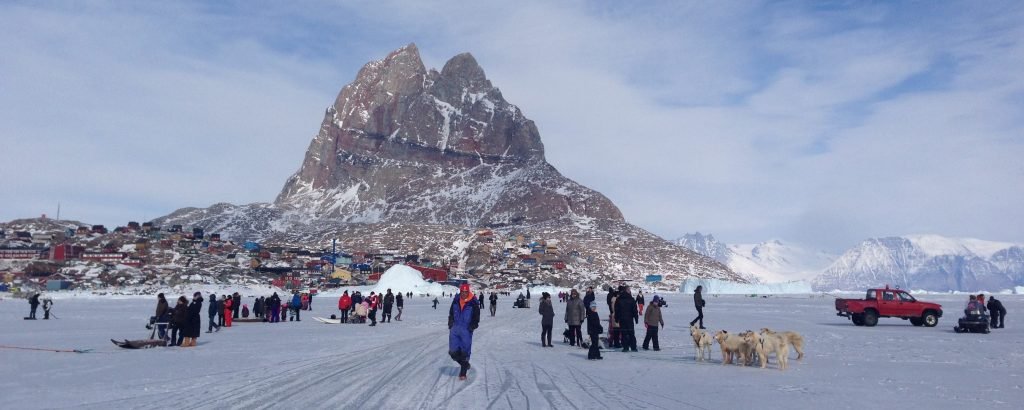Making knowledge inclusive? Improving how we do research with Indigenous and local communities
More and more, global challenges like climate change are being felt locally, and Indigenous peoples are often the most vulnerable. Scientists who work on methods to adapt to climate change often want to include Indigenous and local people in their research, but this can be a challenge for a multitude of reasons. Utrecht University researcher Roxana Roos set out to uncover the most important barriers to the participation of local and Indigenous communities. She just published her results: “There is much room for improvement when it comes to involving local knowledge and perspectives.”

The inclusion of the perspectives of Indigenous and local people when developing ways to respond to societal challenges is increasingly the norm in the scientific world. “For response strategies to be effective, communities need to be involved in their development,” explains Roos, a senior researcher at the Copernicus Institute of Sustainable Development and the University of Bergen. This is true for a whole range of topics, from social justice to climate adaptation. But getting local communities involved in research by ‘outsiders’ can be difficult. For her research published in Humanities and Social Sciences Communications, Roos interviewed several researchers who work with local communities, in different fields of research around the globe, about the challenges they face. “I discovered that, while these researchers work on completely different topics and in different continents, they often run into the same issues.”
Diverse challenges
Roos divided these issues into eight categories. “Time and money can be a limiting factor for researchers, who often don’t have the opportunity to foster a relation of mutual trust with locals as a result.” Additionally, local communities often don’t see the relevance of the research to their daily lives and may have negative past experiences with scientists. “Some Indigenous peoples have seen foreign researchers come to their community, ask questions, collect data and leave, giving nothing back to the community while earning a salary for it.” Furthermore, communities may wish to be paid for their participation, which can lead to funding issues.
Some Indigenous peoples have seen foreign researchers come to their community, ask questions, collect data and leave, giving nothing back to the community while earning a salary for it.
Cultural differences can also be an important barrier. Roos: “In some cultures, researchers may only be able to speak to community members of a specific gender, or local elders.” Language barriers also play a role. “Researchers are often dependent on interpreters, disrupting the flow of conversation.” Finally, indigenous knowledge and perspectives are often not accepted by the Western scientific establishment. “Indigenous theories and methods and work by indigenous researchers should not be dismissed,” says Roos.
Dealing with challenges as part of the scientific method
Analysis of scientific papers written by the researchers Roos spoke to showed that they hardly write about the challenges they face. This results in neither local participants nor other readers of these texts being able to critically reflect about the challenges arising during research and the strategies used to deal with them. Roos recommends that researchers start discussing the challenges they face in their articles. “Recognizing and dealing with these challenges is part of the scientific process. This way, researchers can learn from each other’s experiences and advance science together”.
Based on the experiences of her interviewees, Roos also gives suggestions on how to deal with the eight specific challenges. These are characterized by an overarching theme: “What’s most important is to involve local people from the start, letting them have an equal say and properly valuing their knowledge and perspectives as valuable to science.”
Publication
Roos, R. (2024). “Maybe you need to do something about it”: challenges in global environmental change research with and within local communities. Humanities and Social Sciences Communications, 11(1), 1-11.

